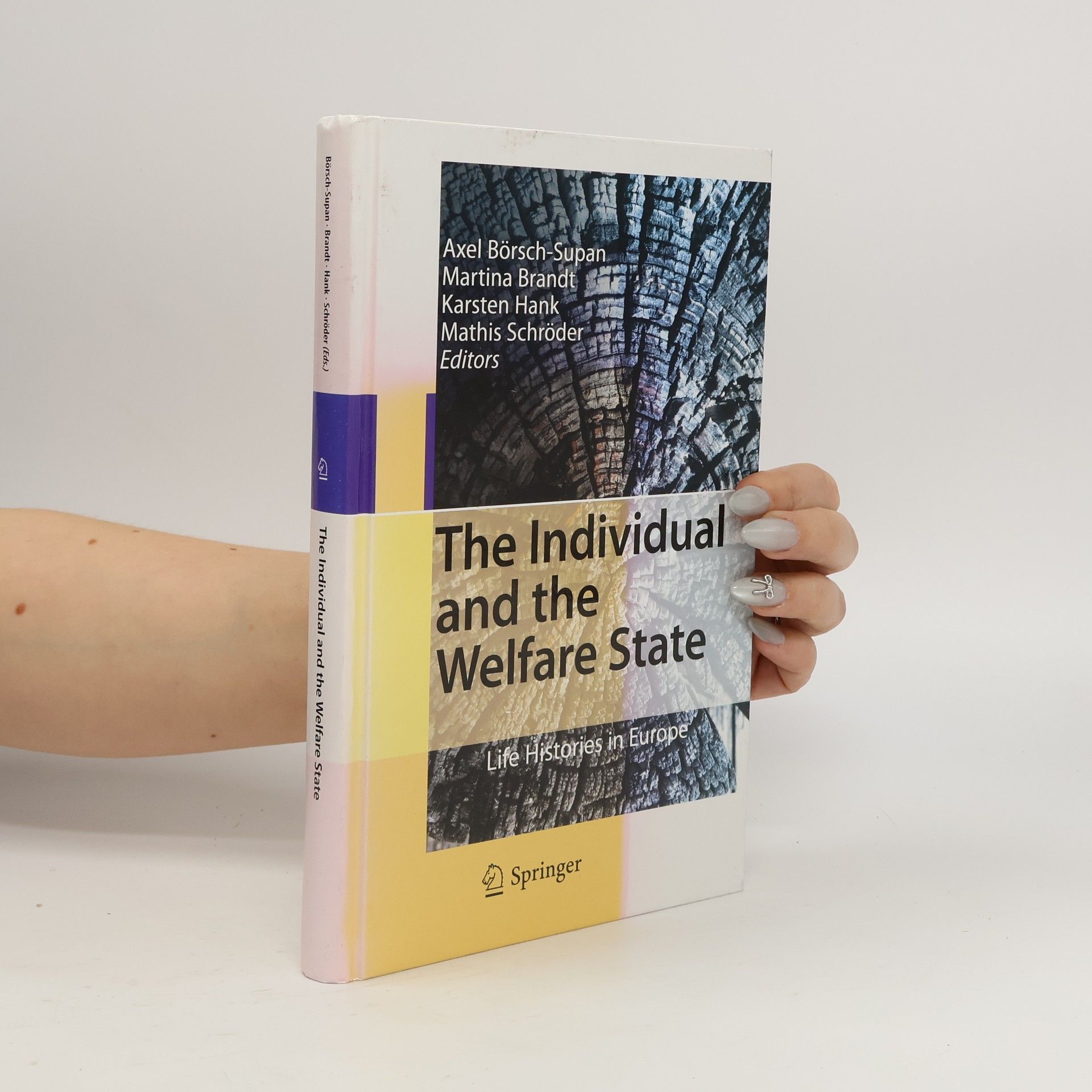Social, health, and economic impacts of the COVID-19 pandemic and the epidemiological control measures
First results from SHARE Corona Waves 1 and 2
- 360 stránek
- 13 hodin čtení
The COVID-19 pandemic posed a major threat to the well-being of older Europeans. Its economic and social effects, however, varied across countries. This multidisciplinary book presents the first results of analyses that combined the renowned longitudinal database of SHARE with new data from two telephone surveys that were uniquely conducted during the pandemic. The analyses address important policy-related issues, such as: Did social distancing destabilize family and social support networks? Did the pandemic increase health, social and economic inequality? Who had to forego essential health care because of the pandemic? Did lockdown affect one’s physical and mental health? Did the shift towards remote work affect workload and well-being? Were different housing conditions related to the spread of the virus?

